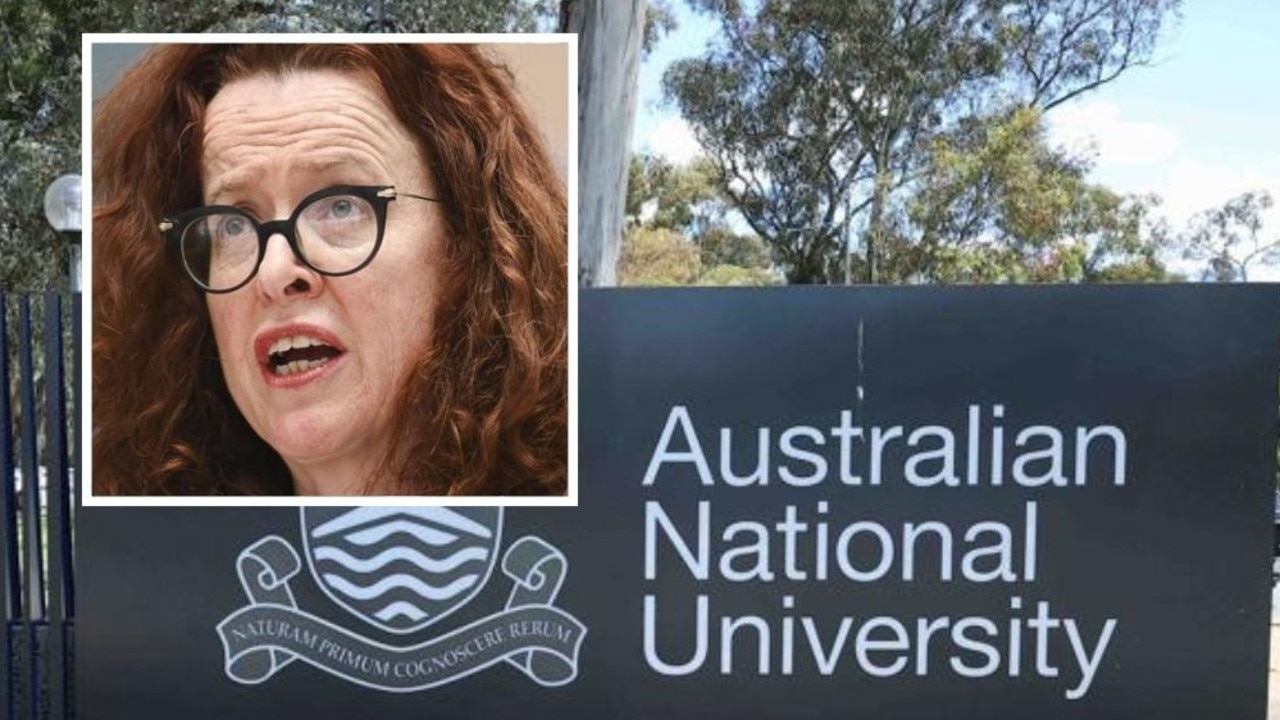
But having disposed of that trope I’m now going to resurrect it. In this particular China crisis, the one caused by the coronavirus that threatens Australian universities with the loss of $2bn in the first half of this year, there is a definite opportunity.
The chance is there to achieve the opposite of what we fear will happen. Instead of it leading to a loss of trust in Australian education and an exodus of Chinese students, it could embed loyalty, and motivate Chinese parents to make the decision to send their children to be educated in Australia for a generation to come.
The outcome depends on how universities, and the government, respond to the crisis.
It’s helpful to start with the fact that Chinese students and their families do not blame Australian universities, or Australia as a country, for the problem. They know all too well the extreme quarantine measures being applied in China to control the virus and are ready to accept Australia’s travel ban as reasonable. They are not predisposed to think badly of Australia.
The opportunity lies in seeing the crisis through Chinese eyes.
The 100,000 students stranded in China, and their families, have not only suffered massive inconvenience from the travel ban.
They also are caught in a complex emotional situation, with students torn between wanting to be in Australia to study and being worried about what is happening to their families at home. Their heads will be telling them they should be at their Australian university while their hearts say they should be with their families in China. Because of the ban, they don’t have the ability at the moment to make that choice.
Both universities and government agencies need to genuinely empathise with them, and make it clear they have some understanding of their plight.
The students should get the message that they are valued, not just for the export revenue they bring Australia, but because we are genuinely concerned about their situation.
Anything we can do to ease their worries will be much appreciated.
The best move made so far comes from the Australian National University which, as Wednesday’s report in The Australian shows, will offer free online courses to commencing students affected by the travel ban if they can’t make it to campus in time for first semester.
ANU is also offering ban affected students late withdrawal without penalty (either financial or academic) from first semester courses. This means students caught in China can make a late start to the academic year with the knowledge that they have a safety net.
And if they do complete the semester and fail, ANU will allow them to repeat without paying fees again.
It’s a generous gesture that will relieve students of some of their worries. And that means it is likely to be genuinely appreciated.
What else is important to Chinese students who are caught in this crisis?
One key concern will be a desire to complete their course on time, despite the delays. Another will be to obtain clear, timely and accurate information from their university without fuss. For them that will be a welcome contrast to what happens at home. And, always on the students’ minds, will be worry about their families in China.
Universities should respond to all these concerns. They should also bear in mind that the financial cost of the crisis need not be as great, in the long term, as is feared.
Yes, it is true that if none of the 100,000 students who are currently stranded in China enrol for semester one, then universities will lose a collective $2bn. But if these students come back for semester two and go on to complete their degrees then it is revenue postponed for six months, not revenue lost.
In fact the actual cost is the notional interest paid on a six-month $2bn loan. If we take the interest rate as 4 per cent then the cost is $40m. To the university sector, that’s chicken feed.
As long as the students return, and other long-term impacts are minimal, there is not a revenue crisis. The cost only rises if students are lost permanently, or if students who are in the pipeline to come to Australia decide not to.
Hence the importance of doing everything possible to empathise with students, communicate effectively with them, meet their concerns and give them the assurances they seek about their desired outcomes. And if there is some cost in doing this, it’s money well spent.
This is also a message that somebody in the federal government — and it might have to be Scott Morrison himself — should deliver to the Department of Home Affairs.
Its role in this crisis has been inglorious. It has detained students with valid visas who could not have known about the travel ban because they left China before it was announced. It has sent other students in the same situation back to China at their own expense. It decided that, from February 1 when the ban was imposed, it would stop granting student visas to Chinese students, including those planning to start studying in semester one who wanted their paperwork completed so they could leave for Australia as soon as the ban was lifted.
The department had to be pushed hard to reverse these policies, after severe damage had been done to Australia’s reputation.
But in this crisis there is still opportunity. That much is plain.




In case you were wondering: the Chinese character for “crisis” is not the juxtaposition of two words – “danger” and “opportunity”. This is a piece of wishful thinking that’s often asserted by motivational speakers or politicians trying to be inspirational. It’s not true.